In the Spanish region of Andalusia, there is one particular citrus fruit that is almost exclusively devoted to the export market: the bitter orange. Its production is carried out mostly in Seville, where, according to some historians, it was introduced by Genoese sailors long before the arrival of the also Genoese Christopher Columbus.
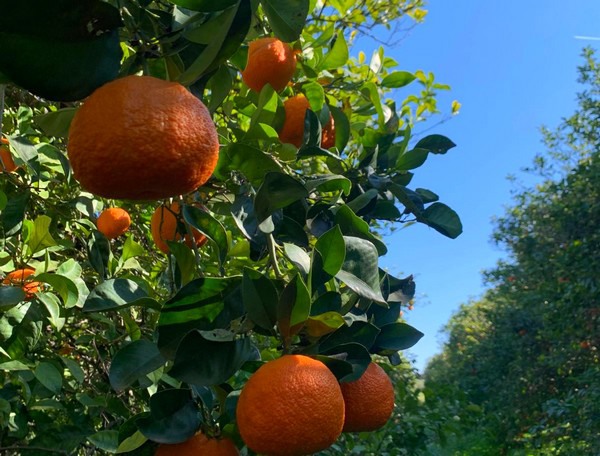
While this citrus fruit is emblematic of Seville, it is consumed mainly in the United Kingdom, as well as in France, Ireland, Germany and the Nordic countries (according to some historians, this would also be due to British sailors consuming bitter oranges on their voyages to prevent scurvy). "In those countries, there is a great jam-making tradition, and they continue to use bitter oranges for them," says Amadora Gahona, from Gospa Citrus.
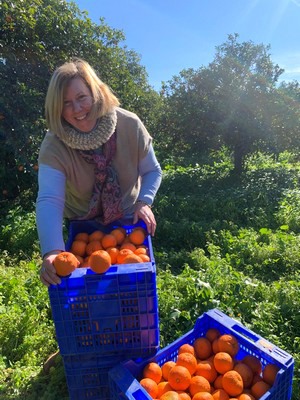 "There has always been a fresh market for these oranges; in fact, that's how their marketing started, although the trade of the processed product has been gaining ground over time. This is a pretty unknown market in Spain, because there is no tradition, but in the United Kingdom, where they call this orange 'Seville orange', both large British supermarket chains and traditional markets sell the fresh product during January and February, and there is quite a high demand. This year, we had a week of rains here in Seville that caused some problems with the harvest, and our clients were worried, because the demand for bitter oranges was on the rise."
"There has always been a fresh market for these oranges; in fact, that's how their marketing started, although the trade of the processed product has been gaining ground over time. This is a pretty unknown market in Spain, because there is no tradition, but in the United Kingdom, where they call this orange 'Seville orange', both large British supermarket chains and traditional markets sell the fresh product during January and February, and there is quite a high demand. This year, we had a week of rains here in Seville that caused some problems with the harvest, and our clients were worried, because the demand for bitter oranges was on the rise."
"Street orange or orchard orange? That is the question"
Gospa Citrus grows its bitter oranges in traditional orchards in the municipality of Mairena del Alcor. Some orange trees there are over 100 years old and 7 meters tall. Amadora's parents were already promoting the fruit's cultivation more than 60 years ago, in an orchard already set up by her grandfather, and Amadora and one of her sons, now the fourth generation, have continued this work, thereby preserving all the knowledge learned from their parents, and offering not only sustainably grown organic fruit (they were the first to obtain the organic certificate for bitter oranges in Spain), but also a quality service to all their European clients. "In the United Kingdom, in fact, we have established ourselves as a leader in the bitter orange market," says Amadora.
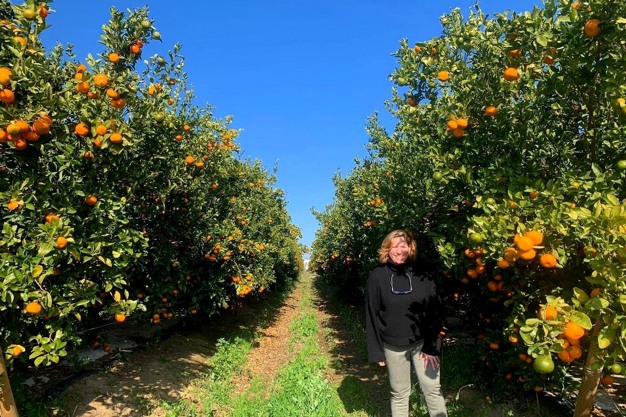
"However, the activity also brings challenges. At the cultivation level, the bitter orange tree is a large tree, and the harvesting and handling are twice as expensive as those of sweet oranges. Therefore, keeping prices at a profitable level when you are delivering great quality is harder than we would like. Also, organic cultivation is even more expensive."
But seeing that there is such an exclusive market, "why is the product not appreciated?" says Amadora. "We could have a product of great value in a short campaign with a very small production at the Andalusian level, but we are aware that street oranges, which are meant to serve an exclusively ornamental function, are introduced into the market at a much lower cost, causing prices to collapse."
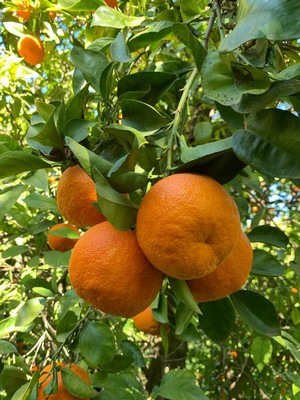 "Street oranges have become competition. Municipalities in the provinces of Cordoba, Malaga or Seville are making agreements with some pickers, and those oranges that have not been cultivated, for which there is no traceability, which have been exposed to pollution and which do not meet the food safety standards are brought to the factories and even into the fresh market."
"Street oranges have become competition. Municipalities in the provinces of Cordoba, Malaga or Seville are making agreements with some pickers, and those oranges that have not been cultivated, for which there is no traceability, which have been exposed to pollution and which do not meet the food safety standards are brought to the factories and even into the fresh market."
"This should not be allowed by public authorities. It is, in fact, an issue that we have been denouncing for many years, because we are directly affected by it. It is a shame that some local growers have had to uproot all their bitter orange trees because they couldn't make a profit."
"Regardless of the price collapse, there is also the fact that some people don't know that they are eating street oranges, and not the ones they want to consume," she says. "Fortunately, large retailers in England trust the organic producers who are able to offer them a product with guarantees; they know what they are buying and what they are selling to their customers, and they don't trust just any supplier."
"Here, we're not just talking about conventional or organic oranges, but rather whether they're from an orchard or street-picked."
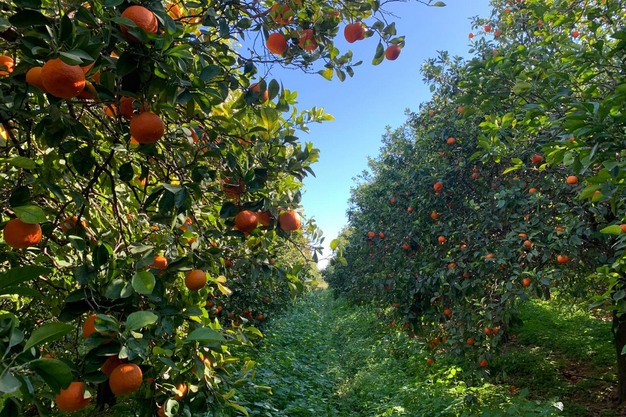
 For more information:
For more information:
Gospa Citrus
Calle Herreros, 52
Mairena del Alcor 41510 - Sevilla, Spain
Tel.: +34 636 059 019
info@gospacitrus.com
https://gospacitrus.com
